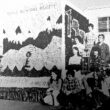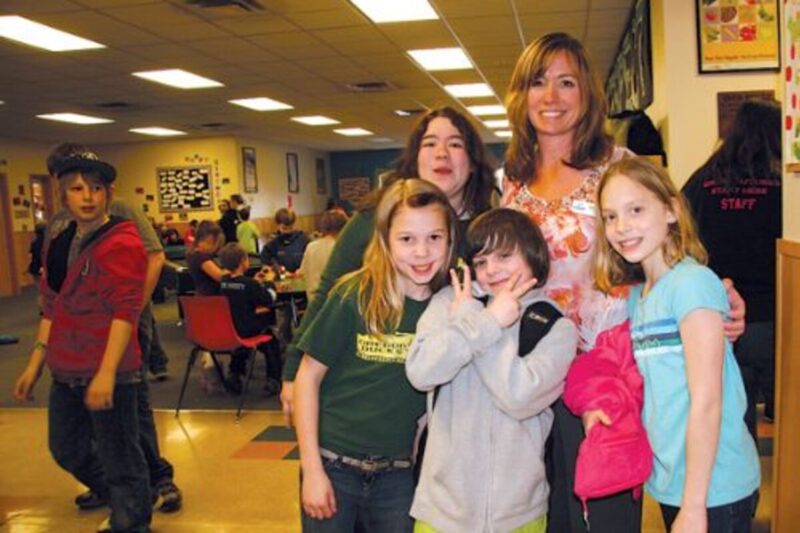Scott Swanson
Kris Latimer spent the last 23 years working for an organization dedicated to revitalizing the economies of Oregon’s 24 rural counties.
Now she’s working for one that develops the youth of rural communities – Sweet Home and the Lebanon area.
Latimer, 46, is the new executive director of the Boys and Girls Club of the Greater Santiam. Formerly chief executive officer of The Oregon Consortium and the Oregon Workforce Alliance, a public-private partnership formed in 1981 to channel federal grant dollars to Oregon’s rural counties, Latimer said she first got involved in that field because of an interest in youth.
She managed annual budgets ranging between $17 to $32 million, much of them focusing on programs aimed at improving education in rural communities.
Raised in Lebanon and married to Dale Latimer, owner of RAM Trucking, with a daughter, Katie, who’s a senior at East Linn Christian Academy, Latimer said she got interested when she found out the Boys and Girls Club needed a director.
“We had been supporters of the club for a dozen years and when the opening came along, I had to decide should I or shouldn’t I,” she said. It got to the point where I had to choose between working in John Day or La Grande or putting my energy into the people right here in my own back yard. I decided this is the right time.”
She said she took the job because she sees the Boys and Girls Club as a way to build the communities’ future – their children.
“It was partly a desire to really focus on programs and services to youth,” she said. “I believe firmly that in the rural communities of Lebanon and Sweet Home our biggest asset is our youth.”
Latimer said her goal is to build the club into an organization that serves the specific needs of the communities in which it is located, and contributes to their liveability. She said she wants to create programs that would catch the attention of scouts who search for locations for corporate expansion and are interested in what communities can offer their employees.
“I want to be part of a community that has the very best to offer,” she said.
Her initial priority is to “really focus on the organization, the Boys and Girls Club of the Greater Santiam.
“What does that mean? It means that we’re an organization that focuses on bringing resources into our Lebanon and Sweet Home clubhouses, that meets the needs of the community.
“A prime example is Sweet Home schools going to a four-day week,” she said, noting that the Boys and Girls Club has already applied for $90,000 in grants to create an all-day program on Fridays, called FLASH (Friday Learning Academies in Sweet Home).
She said the program would be an expansion of existing after-school programs, with additional tutoring in response to the expectation of increased homework loads, and “focused learning opportunities” ranging from science to art to drama to technology.
“My point in all of that is that Lebanon does not need an all-day Friday program,” she said. “I’m spending my resources to deliver good programs where they’re needed.”
Lebanon’s needs, she said, tend to be in the area of junior high athletics, since the club provides all the junior high sports programs in that community.
She said she plans to do a lot of talking to community residents to find out what the needs are. She said she doesn’t expect them to be the same in Lebanon or in Lacomb, where the club has an after-school program, or in Sweet Home.
“One of my biggest challenges is finding ways to connect,” she said. She plans regular office hours in Sweet Home on Tuesdays and Thursdays and is looking for ways to interact with community residents.
Another challenge in Sweet Home is making space for the clientele, which average 123 youngsters after school. She said the staff is working on coming up with solutions to that challenge.
Latimer said she’d like to see increased Sweet Home – and Lacomb – representation on the Board of Directors, which is currently heavy on Lebanon residents.
“I want to engage the community differently,” she said.
She said the club provides a needed service in the communities it serves and families that participate in its programs know that their children are involved in positive activities.
“They’re not involved in drugs or crime or something else.”
“I’ve worked with rural communities for 23 years,” Latimer said. “Organizations like the Boys and Girls Club are rare in these types of communities.”





